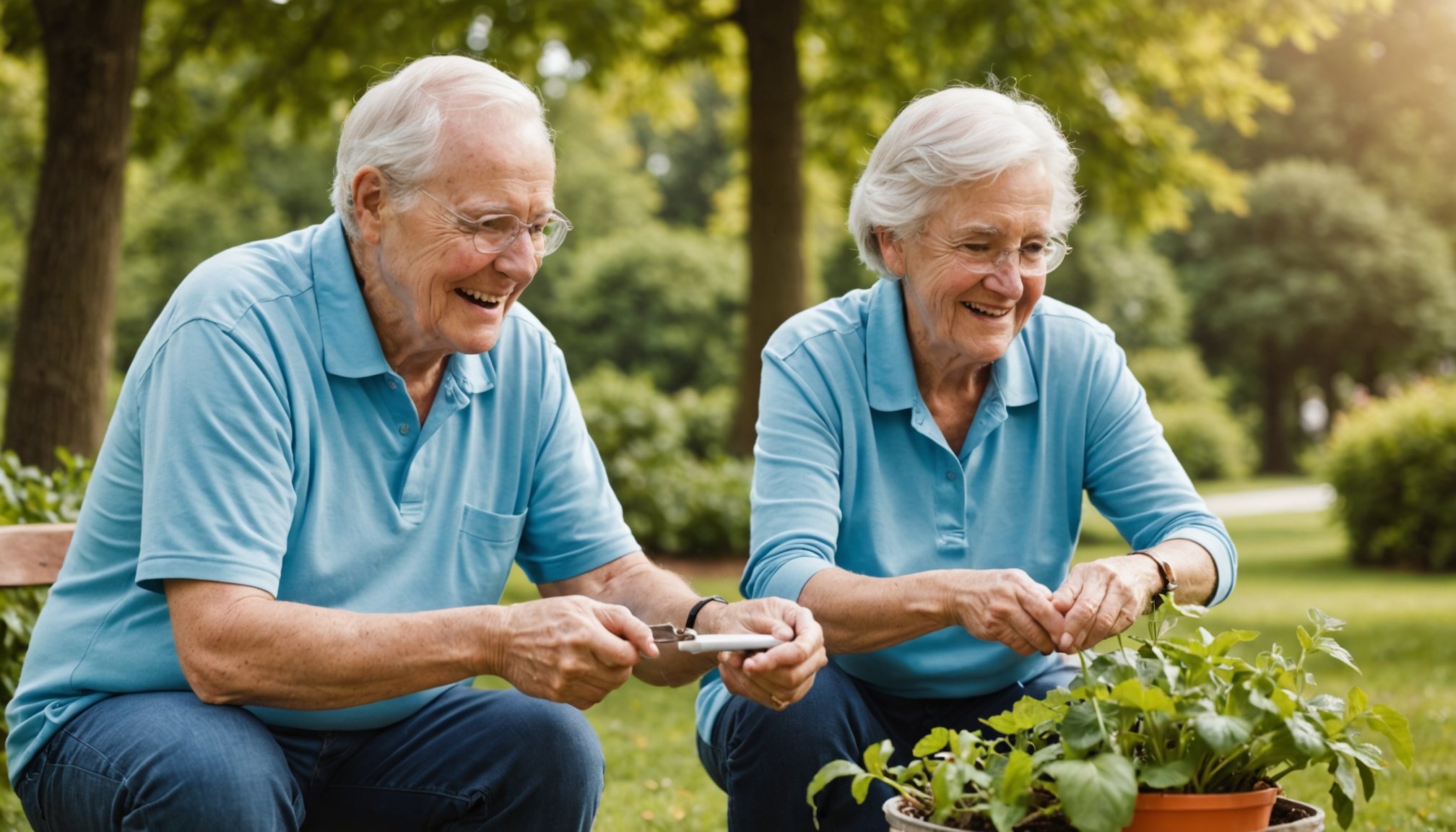In our rapidly changing world, the importance of mental health cannot be overstated, especially for seniors. As we age, the challenges of isolation, loss, and health issues can profoundly affect our emotional well-being. However, volunteer work offers a beacon of hope, allowing seniors to connect, contribute, and find purpose in their golden years. This article explores the multifaceted benefits of volunteerism for seniors, shedding light on how engaging in meaningful activities can significantly improve their mental health.
The Connection Between Volunteer Work and Mental Health
Understanding the relationship between volunteer work and mental health is crucial for seniors seeking ways to enhance their well-being. When seniors engage in volunteer activities, they often experience an increase in self-esteem and life satisfaction. Contributing to a cause fosters a sense of purpose, which can counter feelings of uselessness or despair that sometimes accompany aging.
In parallel : What role does hydration play in the overall health of older adults?
Moreover, volunteer work can combat feelings of isolation, a common issue among seniors. Many find themselves living alone or having lost friends and family members, which can lead to loneliness and depression. By participating in group volunteer efforts, seniors can build connections with others, creating social networks that provide emotional support.
Engaging in community service also encourages seniors to stay active, both physically and mentally. Activities like mentoring youth, participating in community clean-up days, or serving meals to those in need keep the mind engaged and the body moving, which is vital for overall health. This engagement not only distracts from negative thoughts but also fosters a sense of accomplishment and pride. For many seniors, these feelings are critical in maintaining a positive outlook on life.
Also to discover : How can seniors take charge of their mental health through regular activities?
Social Benefits of Volunteer Engagement
One of the most significant advantages of participating in volunteer work is the social interaction it facilitates. Socializing is essential for all individuals, but it becomes increasingly important for seniors who may face social isolation due to retirement or loss of loved ones. Volunteering provides opportunities to meet new people, forge friendships, and expand one’s social circle.
When seniors engage in volunteer activities, they often work alongside others who share similar interests and values. This shared purpose can lead to meaningful conversations and connections, helping them feel more integrated within their community. The camaraderie developed in these settings can alleviate feelings of loneliness and provide a sense of belonging that is crucial for mental health.
Volunteering also allows seniors to share their skills and experiences with younger generations, creating a bridge between age groups. This knowledge transfer not only benefits the younger individuals but also enhances the seniors’ confidence and self-worth. Such interactions can help seniors feel needed and appreciated, which are powerful antidotes to the feelings of worthlessness that can accompany aging. In essence, volunteering not only enriches the lives of those they help but also revitalizes seniors themselves.
Cognitive Benefits of Volunteering
The cognitive benefits of volunteer work are profound and multifaceted. Engaging in volunteer activities requires seniors to use critical thinking, problem-solving, and decision-making skills. These mental exercises are essential for maintaining cognitive health as individuals age. Research indicates that staying mentally active can help keep the mind sharp and possibly delay the onset of dementia and other cognitive impairments.
Moreover, volunteering often involves learning new skills or enhancing existing ones, whether it’s organizing events, managing projects, or engaging with technology. Acquiring new knowledge can stimulate the brain, promoting neuroplasticity—the brain’s ability to adapt and grow. For many seniors, this is an opportunity to explore passions that may have been sidelined during their careers or family-raising years.
Additionally, the structured environment of many volunteer programs provides a sense of routine and purpose. This is particularly beneficial for seniors who may struggle with the lack of a daily schedule after retirement. Having a commitment to a volunteer role can give seniors a reason to get up in the morning and engage with the world, which is vital for maintaining mental acuity and emotional health.
Finding the Right Volunteer Opportunity
Identifying the right volunteer opportunity is crucial for seniors to maximize the benefits of their engagement. Various avenues are available, ranging from local non-profits and hospitals to schools and community centers. The key is to choose an opportunity that resonates with personal interests and skills.
Seniors should consider what causes they are passionate about. Whether it’s working with animals, supporting the elderly, or helping the environment, finding a cause that aligns with one’s values can enhance the experience. Many organizations are eager for volunteers and offer a range of roles that can cater to different abilities and interests.
Moreover, it is beneficial to think about the time commitment involved. Some seniors may prefer short-term projects, while others might enjoy ongoing roles that offer continuity and deeper connections. Checking for local volunteer fairs can also provide a wealth of options and the chance to meet representatives from various organizations.
As you explore opportunities, take the time to ask questions and assess whether the environment feels welcoming and supportive. A positive volunteering experience is essential for reaping its mental health benefits, so finding a suitable match is vital.
Engaging in volunteer work presents an array of benefits for seniors, particularly concerning their mental health. From enhancing self-esteem and combating loneliness to stimulating cognitive functions and fostering social connections, the positive impacts of volunteering are clear. As seniors navigate the complexities of aging, volunteerism offers a means to find purpose, stay active, and connect with others.
In a world where isolation and depression are common challenges for older adults, embracing volunteer opportunities can be a transformative experience. By giving back to the community, seniors not only uplift others but also enrich their own lives. Encouraging seniors to explore various volunteer options can lead to a fulfilling life filled with connection, purpose, and improved mental health. As they say, it is never too late to make a difference, and through volunteering, seniors can indeed change their world and that of others.











